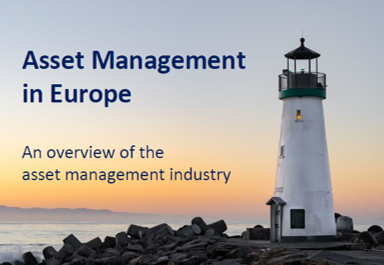Capital markets
Investment managers, acting on behalf of their retail and institutional clients, are among the largest investors in financial markets. They represent a key component of the market’s “buy-side” segment.
In representing the interests of its members on wholesale capital market issues, EFAMA advocates for fair, deep, liquid, and transparent capital markets, supported by properly regulated and supervised market infrastructure.
EFAMA feedback on TEG's interim report on EU climate transition benchmarks (EU CTBs) & EU Paris aligned benchmarks (EU PABs)
EFAMA's reply ESMA’s CP on Guidelines for reporting under Articles 4 & 12 SFTR
EFAMA's reply to BCBS Consultative Document on Revisions to Leverage Ratio Disclosure Requirements
3 questions to Agathi Pafili on CSDR
Q #1 What is the CSDR’s Settlement Discipline Regime (SDR) and what does it seek to achieve?
An appropriately constructed Consolidated Tape could help to build deeper and more open capital markets in Europe
EFAMA and EFSA welcome the publication of a Market Structure Partners Study on the Creation of an EU Consolidated Tape which addresses the challenges, demand, benefits and proposed architecture for consolidating European financial market data.
Speech by Tanguy van de Werve at CMVM Annual Conference on 8 October 2020
CMVM 2020 Conference – 8 October 2020
3 Questions to Rudolf Siebel on Market Data Costs
Q #1 Have you witnessed an increase in the cost of market data over the last couple of years? If so, how can it be explained?
Asset Management Report 2019
The EFAMA Asset Management in Europe report aims at providing facts and figures to gain a better understanding of the role of the European asset management industry. It takes a different approach from that of the other EFAMA research reports, on two grounds. Firstly, this report does not focus exclusively on investment funds, but it also analyses the assets that are managed by asset managers under the form of discretionary mandates. Secondly, the report focuses on the countries where the investment fund assets are managed rather than on the countries in which the funds are domiciled.
































